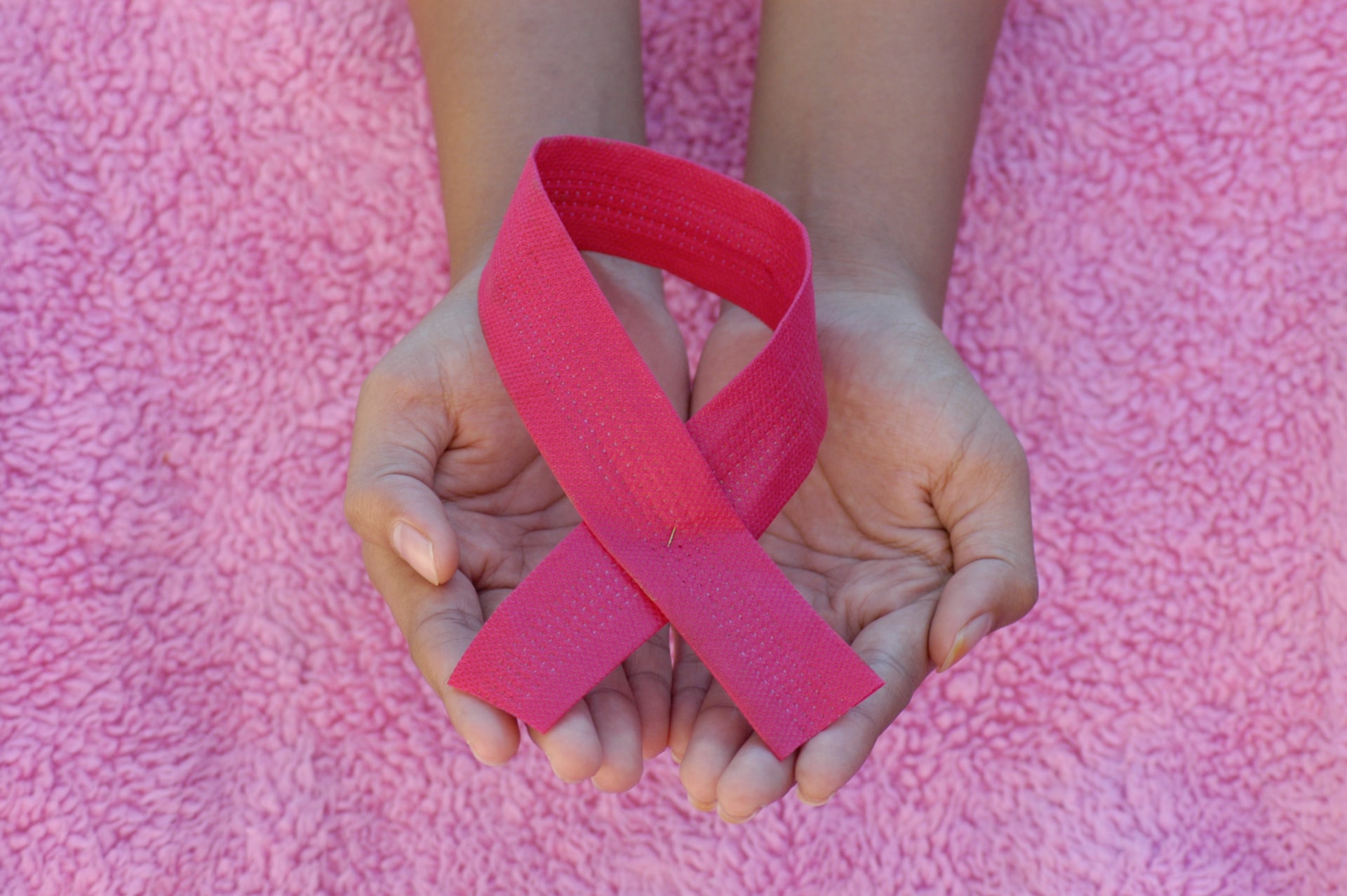Millions of Americans struggle with the treatment and recovery process involved in a cancer diagnosis. An estimated 1.8 million new cases of cancer were diagnosed by oncologists in the United States in 2020, and all this during the worst public health crisis the world has seen in over 100 years. Cancer patients live on pins and needles for much of the time they are receiving cancer care and treatment, and resources for those embattled with this disease can feel slim for some of the worst affected.
Thankfully, there are indeed a variety of resources out there for those suffering and fighting back against their cancer diagnosis. For example, to find oncologists, surgeons, and other cancer medicine specialists there are now search aggregators—simply search for “find an oncologist near me” to find oncologists who provide excellent cancer care in your area. Also, prescription discounts and viatical settlements exist that can help reduce your financial burden. There exists a network of great resources for cancer patients these days. Read on to uncover some of the best options for those running from home to cancer center and back again on a routine basis.
Consider your finances, since a viatical settlement might be a lifesaver.

Viatical settlements might sound grim to those who already know about this fascinating financial instrument. Others might be asking: “What is a viatical settlement?” Taking a realistic approach to your financial, prescription, and inheritance requirements now, however, is a great way to ensure that your beneficiaries won’t have to ultimately handle the burden.
A viatical settlement is basically the sale of your life insurance policy. Insured parties are able to forego paying the remaining premiums that would come out of their monthly cash flow for the rest of their life and simply receive a lump sum payout from the viatical settlement company that buys the death benefit on the life insurance policy.
The truth is that everyone will pass on eventually. Many cancer patients face good odds and go into remission, giving them another stretch to play out a fulfilling second act. In the event of a recovery, the viatical settlement process can infuse your cash flow with a new vibrancy unlike any other financial product on the market. Viatical settlements—as opposed to life settlements—are offered to those with a terminal illness, cancer center visitors included. However, if you do make a recovery there isn’t a contingency that will see the funds returned.
On the flip side, a viatical settlement is the perfect way to defray the ballooning medical expenses that often come along with the cancer treatment options (chemotherapy, surgery, prescriptions, and more). In the event of your death, your beneficiaries won’t be on the hook to settle up with credit card providers, medical debt collections agencies, and other creditors, as the cash value of your life insurance policy will have been applied to those medical expenses.
Finally, viatical settlements are a great way to treat yourself in the final months or years of life. The payout of the cash value of your insurance policy is often substantial from a viatical settlement. Typically, it’s enough to cover ongoing medical treatments as well as the funding for a new car, vacation, or investments that can create new retirement income to provide for your living expenses in the short (and hopefully long) term.
Take advantage of prescription discounts.

A prescription discount is crucial to remaining above board while taking the fight to a cancer diagnosis. With the help of a resource like Canada Drugstore (see more at canadadrugstore.com) you can lock in great low prices on the medications that you’re prescribed at appointments with your oncologist or physician.
The savings can really add up, as the average American already spends around $1,200 on prescription medication every year. Reducing the burden of these medical expenses is a great way to also reduce the stress that you deal with on a daily basis. Experts say that stress can weaken the immune response and raise blood pressure. As someone working through a life threatening illness, you need all the comfort and calming that you can find.
Meditate and join a support group.

Finally, the support network that exists for those with chronic illness and others who’ve just begun to research the National Cancer Institute after receiving a second opinion is vast and incredibly helpful. Those receiving radiation therapy, chemotherapy, and other cancer treatments must maintain the activities of daily living that they are accustomed to in order to continue thriving, despite the discomfort.
Family members are great for support as well, and it’s a good idea to try to spend as much time with family members and other loved ones as possible in order to keep your spirits up. In fact, numerous publications suggest these very additions as some of the best options out there to beat a cancer diagnosis.
Meditation and other relaxation exercises are great for ill patients, too. Medical records and quality care from the expansive network of medical professionals working on your case aside, maintaining an equilibrium within yourself is one of the best ways to stay focused on the recovery that lies ahead. Keeping to a schedule of busy days while battling this life-threatening illness can seem like a challenge, but it’s often what sets the survivors apart.
Make the most of your treatment plan and take advantage of all the added resources that you can in order to get past this difficult time with flying colors.
